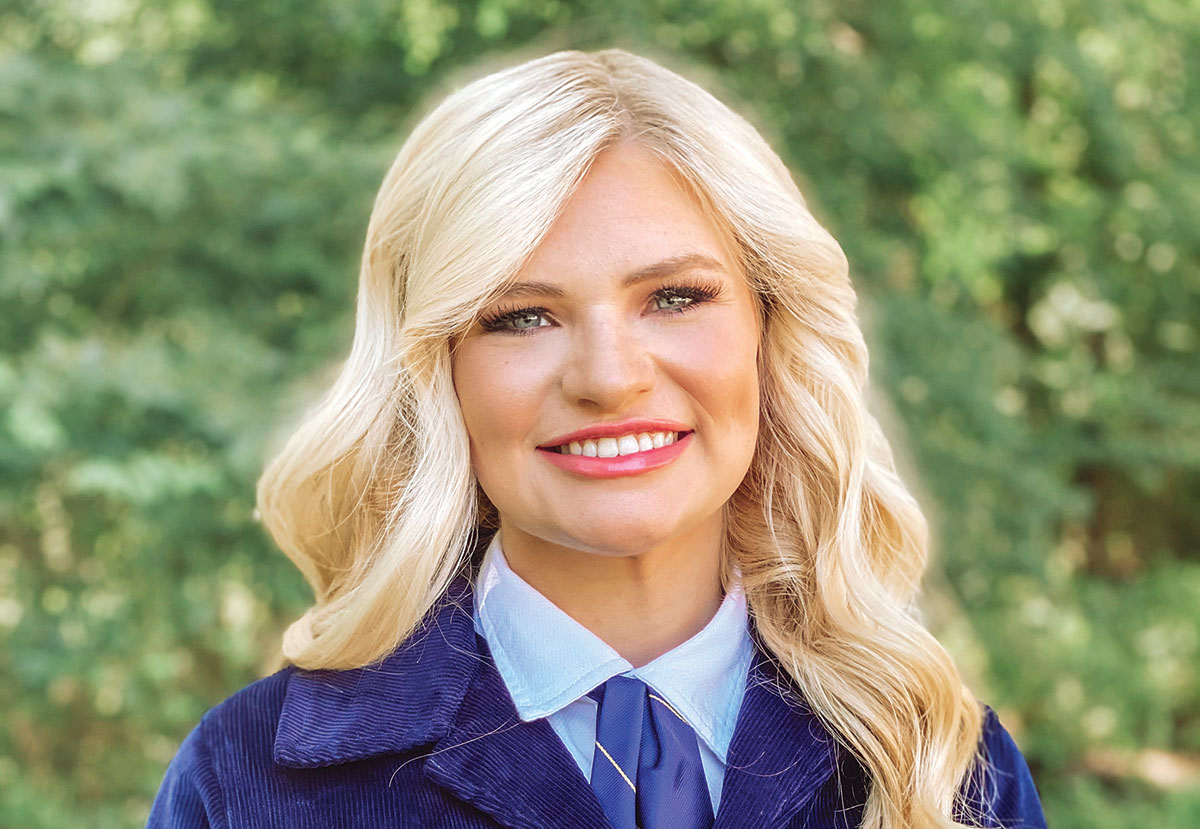Lindsay Bowman
Education: Senior at University of Arkansas in Fayetteville, Ark.
Major: Agricultural Education
How did you get involved with livestock judging?
“I began my livestock judging training when I was 8. My mom enrolled me on our livestock judging team in Colorado. I learned from coaches and from my experience on various teams up to and including now. I won state in high school and winning is fabulous, but you actually learn the most from losing if you understand what you did wrong. That understanding comes from coaches and your own self-analysis. Through Livestock judging I earned scholarships on the junior college and four-year college levels where I was recruited by multiple schools. It’s also given me the opportunity to earn extra income because I’m paid for judging at the local, county and district levels and for teaching clinics at 4-H and high school judging camps.”
What is your personal judging technique?
“In a field like this, what you offer is a style of judging that appeals to those individuals responsible for selecting judges. I believe that competitive experience must be a positive one for all contestants because much hard work and time have brought them to that competition. For many this will be the most sustained effort of their lives and positive reinforcement is essential. Nonetheless, clearly distinguishing among the animals through comparisons and contrasts is essential for fairness and quality judging. To that end, I always begin with the positives of each animal so contestants can take pride in the results of their efforts before contrasting animals and explaining the rationale behind my decisions still careful to phrase everything positively. When working at livestock judging camps, I emphasize the basics, which means teaching the two or three most important industry standards for each animal and the reasons behind the standards.”
Future Plans: “I will graduate in June and hope to teach ag locally while continuing to work at camps on the side. High level judging is highly competitive and would require leaving northwest Arkansas, something I am not willing to do.”






